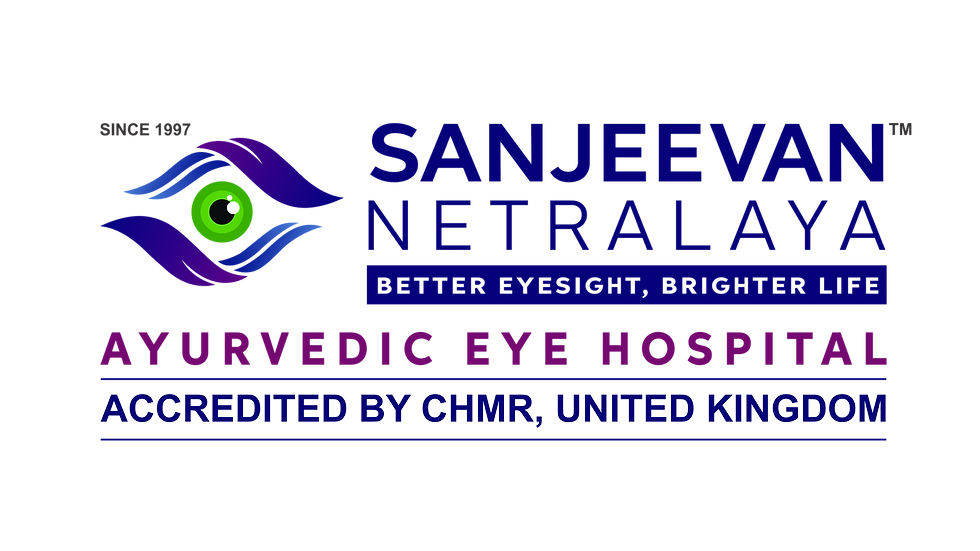- Hiren Suryawanshi
- Aug 14, 2024
- 2 min read
Updated: Sep 26, 2024

Optic neuropathy, which may present as non-arteritic anterior ischemic optic neuropathy (NAION), occurs when the optic nerve is damaged due to a disruption in blood flow. This interruption prevents the optic nerve from receiving sufficient oxygen, leading to its gradual degradation and eventual loss of function.

Symptoms:
Optic neuropathy most commonly affects individuals over the age of 50, although it can occur at any age. The key symptoms to watch for include:
- Seeing flashing or flickering lights when moving the eyes
- Colours may appear less intense or vibrant
- Partial or complete vision loss in one eye, which may develop over hours or days and improve over several weeks; this can recur
- Pain in the face and around the eye socket
- General loss of peripheral vision
- Pain within the eyes
Causes:
The most common cause of anterior ischemic optic neuropathy is an underlying hereditary condition or disease. However, nutritional deficiencies, particularly a lack of vitamin B12, as well as inflammation or blood flow issues, can also contribute to the development of optic neuropathy.

At Sanjeevan Netralaya Ayurvedic Eye Hospital, Optic Neuropathy is treated with great success.
Optic Neuropathy Ayurvedic Treatment at Sanjeevan Netralaya Ayurvedic Eye Hospital
Optic neuropathy is a condition characterized by damage to the optic nerve, leading to vision impairment or loss. This damage can be caused by various factors, including poor blood flow, inflammation, or toxins. At Sanjeevan Netralaya Ayurvedic Eye Hospital, we provide a specialized Optic Neuropathy Ayurvedic Treatment that focuses on restoring optic nerve function and improving vision.
Our Ayurvedic treatment combines the use of potent herbal medicines, therapies, and lifestyle adjustments tailored to support optic nerve health. The treatment works by enhancing blood circulation to the optic nerve, reducing inflammation, and providing essential nutrients that promote nerve repair and regeneration.
Sanjeevan Netralaya’s unique approach to Optic Neuropathy Ayurvedic Treatment not only aims to halt the progression of optic nerve damage but also to improve overall visual acuity. Our treatment is particularly effective when initiated at the early stages of the condition, offering the best chance for vision recovery.
Patients receiving our Optic Neuropathy Ayurvedic Treatment have reported significant improvements in their vision and quality of life. We are committed to delivering personalized care to each patient, ensuring that our treatment plan meets their specific needs.
Contact us today to learn more about how our Optic Neuropathy Ayurvedic Treatment can help restore your vision and protect your optic nerve from further damage.

